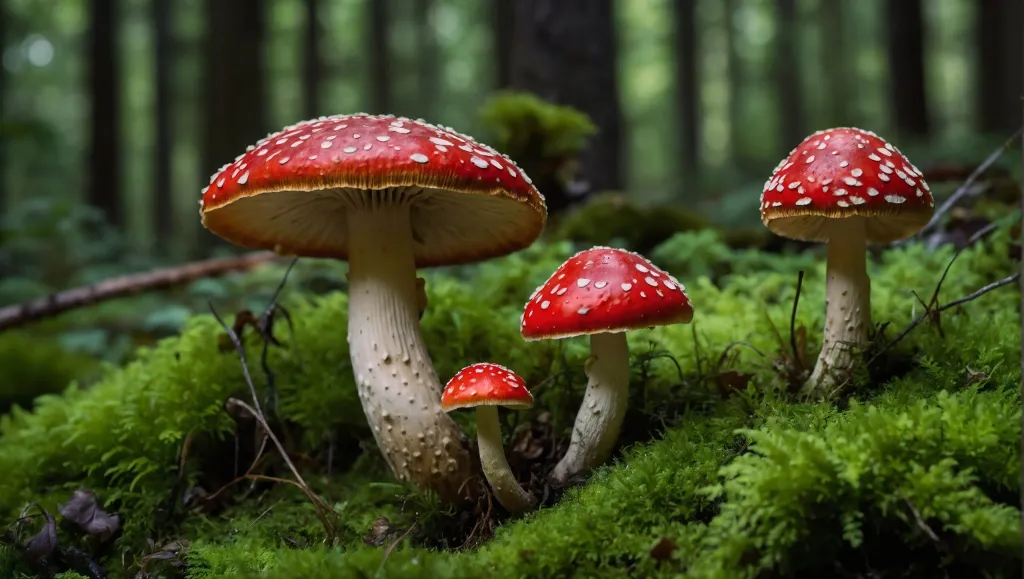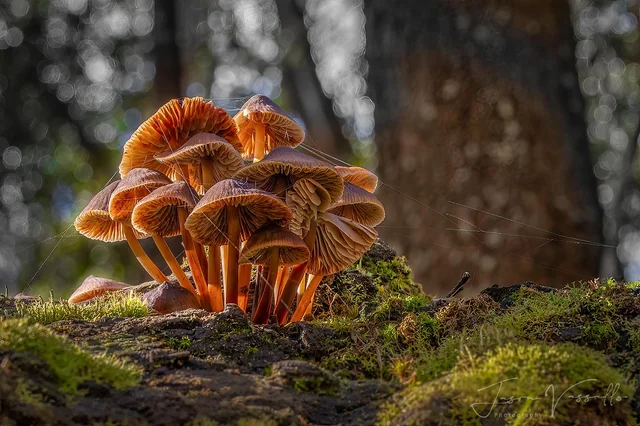Introduction
Mental health challenges are on the rise, and many people are seeking alternative ways to support brain function, mood, and emotional well-being. One topic gaining attention is magic mushrooms, or psilocybin-containing fungi. While historically associated with recreational use, recent research shows that, under controlled conditions, psilocybin may offer surprising benefits for mental health.
What Are Magic Mushrooms?

Magic mushrooms contain psilocybin, a naturally occurring psychedelic compound. When ingested, the body converts psilocybin into psilocin, which interacts with serotonin receptors in the brain. Serotonin plays a central role in regulating mood, cognition, and perception. Unlike typical recreational use, medical and therapeutic studies focus on controlled doses of psilocybin in a safe environment, often accompanied by professional guidance.
How Psilocybin Affects the Brain
Psilocybin appears to temporarily alter neural pathways and communication patterns in the brain. It reduces activity in the default mode network (DMN), which is associated with rigid thinking patterns and self-critical thoughts. By “quieting” this network, psilocybin may help the brain form new connections, enhance creativity, and shift perspective—effects that can support emotional processing and cognitive flexibility.
Studies suggest that these changes may help individuals break free from negative thought loops that contribute to depression, anxiety, and stress. Controlled psilocybin sessions have been linked to improved mood, reduced anxiety, and long-lasting positive effects on outlook and emotional resilience.
Potential Benefits for Mental Health
Research is still ongoing, but early findings highlight several potential mental health benefits:
- Alleviating depression: Psilocybin-assisted therapy has shown promising results in patients with treatment-resistant depression.
- Reducing anxiety: Clinical studies indicate that psilocybin may lower anxiety, particularly in individuals facing terminal illness or chronic stress.
- Enhancing mood and well-being: Many participants report increased emotional clarity, empathy, and a greater sense of connection after guided sessions.
- Boosting cognitive flexibility: Psilocybin may help the brain think in novel ways, encouraging creativity and problem-solving.
Safety and Considerations
While psilocybin shows significant promise for mental health, it is important to recognize that it is not without risks. Recreational use, especially in uncontrolled settings, can lead to disorientation, confusion, or intense emotional reactions. Some users may experience paranoia, heightened anxiety, or even panic episodes, particularly if they are unprepared for the experience or consume a higher-than-recommended dose. In extreme cases, unsafe behavior or accidents can occur if individuals engage in daily activities while under the influence.
Therapeutic studies highlight the importance of controlled environments and professional supervision. In clinical settings, trained facilitators guide participants through the psilocybin experience, monitor responses, and provide support to help navigate challenging moments. Precise dosing is also critical: small to moderate doses are often enough to achieve therapeutic benefits, while higher doses can increase the likelihood of intense psychological reactions. Researchers emphasize preparation before sessions and integration afterward to help participants process insights safely.
Legally, psilocybin remains a controlled substance in most countries, which limits access to recreational or unsupervised use. However, attitudes are slowly shifting. Some regions, including parts of the United States, Canada, and Europe, are beginning to relax regulations for medical or research purposes, allowing trained professionals to administer psilocybin-assisted therapy under strict guidelines. These developments reflect growing recognition of its potential while still prioritizing safety and responsible use.
Ultimately, the key takeaway is that psilocybin’s benefits are best realized in structured, supervised settings. Respecting dosage, professional guidance, and legal frameworks ensures that individuals can explore its potential for mental health safely, minimizing risks while maximizing positive outcomes.
Integrating Knowledge and Mindfulness
Magic mushrooms are not a cure-all for mental health conditions, and it’s important to approach them with realistic expectations. While psilocybin has shown promising results in studies related to depression, anxiety, and mood regulation, it does not replace therapy, medications, or other established treatments. Instead, it works best as a supportive tool within a broader mental health strategy.
Emerging research suggests that when used responsibly, magic mushrooms can complement traditional therapies such as cognitive-behavioral therapy (CBT) or counseling. For example, guided psilocybin sessions can help individuals process emotions more openly, gain new perspectives on challenges, and break free from rigid thought patterns that conventional approaches alone may not address.
In addition to therapy, magic mushrooms may work synergistically with lifestyle practices that support mental well-being. Mindfulness exercises like meditation or deep-breathing can enhance the emotional insights gained from psilocybin experiences. Regular exercise boosts endorphins and supports brain health, while a balanced diet and quality sleep improve overall mood and resilience. Together, these practices create a holistic framework where psilocybin’s effects are more meaningful and sustainable.
The key to using magic mushrooms safely is a combination of scientific understanding, proper dosage, and controlled settings. Therapeutic benefits often occur with low to moderate, carefully measured doses under professional supervision, rather than unsupervised recreational use. Safety measures, mental preparation, and post-experience integration are critical to avoid negative psychological effects and maximize positive outcomes.
Ultimately, magic mushrooms can serve as a powerful adjunct to mental health care. They offer a way to enhance self-awareness, emotional processing, and cognitive flexibility—but their effectiveness depends on responsible use, supportive practices, and alignment with professional guidance.
Also Read: The Art Inspired by Shrooms: How Mushrooms Influence Creativity
Conclusion
Magic mushrooms are no longer seen solely as recreational psychedelics—they represent a potential breakthrough in mental health support. By influencing serotonin receptors, promoting neural flexibility, and reducing rigid thought patterns, psilocybin may support mood, cognitive function, and emotional well-being. While research continues, the evidence points to a future where magic mushrooms could become a valuable component of holistic mental health strategies.

